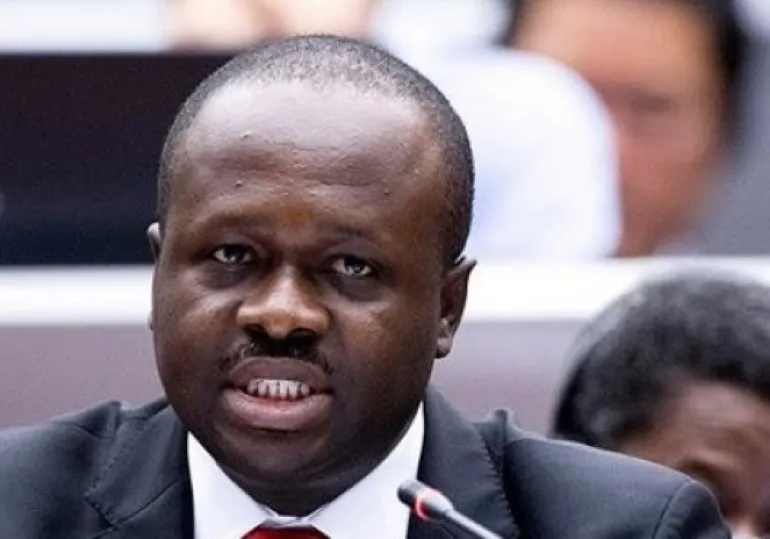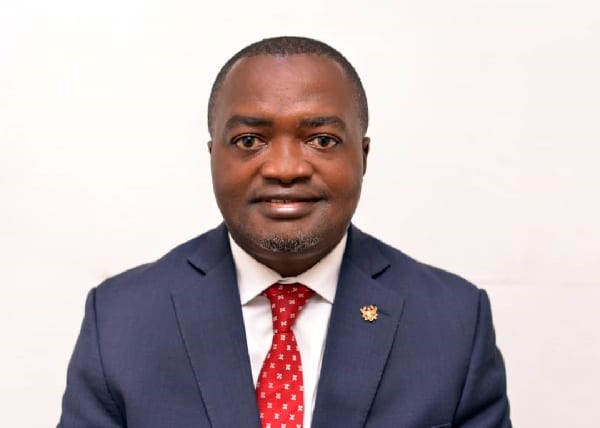The Komfo Anokye Teaching Hospital in Kumasi, Ashanti Region, has been admiting over one thousand stroke patients every year.
The figure is in contrast to some 200 cases recorded 40 years ago.
A lasting and minimally damaged treatment has been launched at the hospital to improve stroke treatment.
Stroke has been noted as a top rampant medical condition being recorded in the Komfo Anokye Teaching Hospital.
Treatment remains a challenge while experts explore Modern treatment methods.
The drugs and medication previously used in stroke treatment did not dissolve blood clots, hence, leaving patients with a permanent disability.
Active stroke thrombolysis will administer clot-busting drugs and medication to dissolve blood clots in the brain during an acute ischemic stroke.
Thrombolysis services will incorporate thrombolysis into routine stroke care at Komfo Anokye (KATH).
At the launch of the implementation of thrombolysis services, Consultant Neurologist at KATH, Dr. Fred Stephen Sarfo said the new method is revolutionary.
“That cloth is what the treatment (active Stroke thrombolysis)seeks to dissolve to restore blood flow to the brain, be able to talk again, and in essence, cure the stroke. Unlike in the past when there was not a proper cure for it.
“This one almost cures the stroke so the person doesn’t have to deal with paralysis and disability. The approximate cost is about 15 thousand cedis for treatment to be given and highly standardized and subsided at the Komfo Anokye,” he said.
Chief Executive of the Komfo Anokye Teaching Hospital, Prof. Dr. Otchere Addai-Mensah says the hospital’s new strategy is to optimise the delivery of tertiary healthcare.
“In line with the hospital’s new strategy to optimize the delivery of tertiary healthcare through innovation and research, management has supported the KATH Multidisciplinary Stroke Thrombolysis Team to commence the delivery of this special service to save stroke patients brought in time to this hospital from suffering the worst possible impact of the disease.
“I will therefore, urge all stakeholders especially the peripheral hospitals and indeed members of the general public to act with speed in getting stroke patients quickly admitted at KATH for this service,” he said.
Deputy Regional Director of Clinic Care, Ghana Health Service, Rita Larsen-Reindolf is enjoining stakeholders to intensify public education on stroke.
“Awareness can be championed by stakeholders. Ghana’s health service is ready to take up the challenge and support the new step of KATH. For the immediate terms, awareness and public education is what we can capitalize on,” she added.


